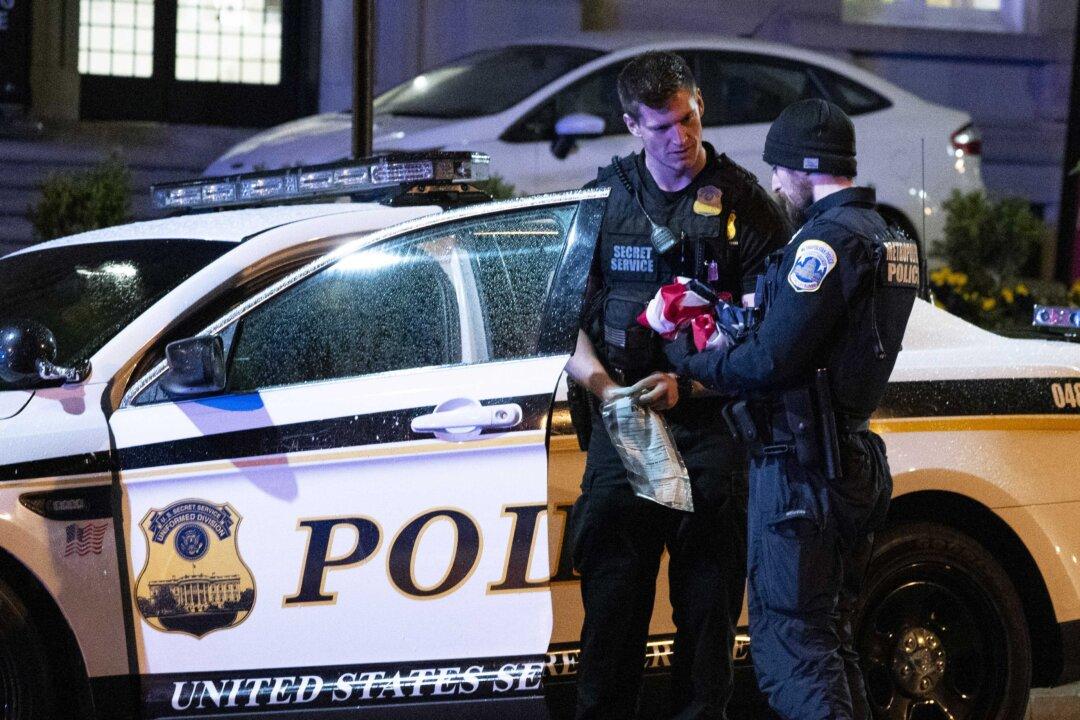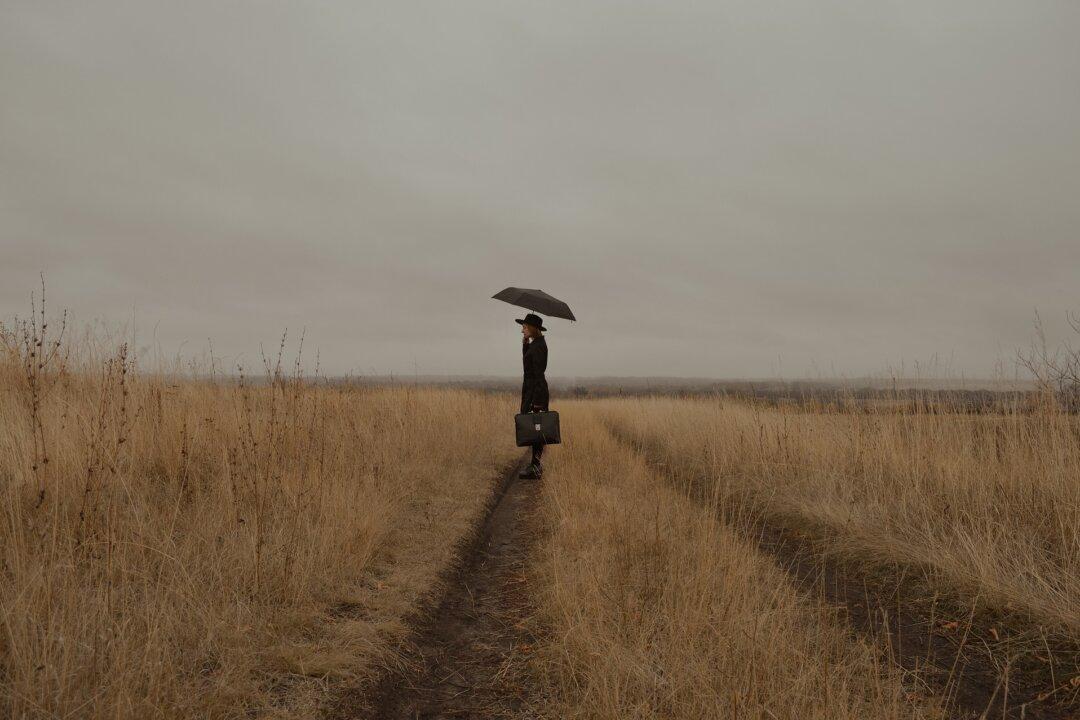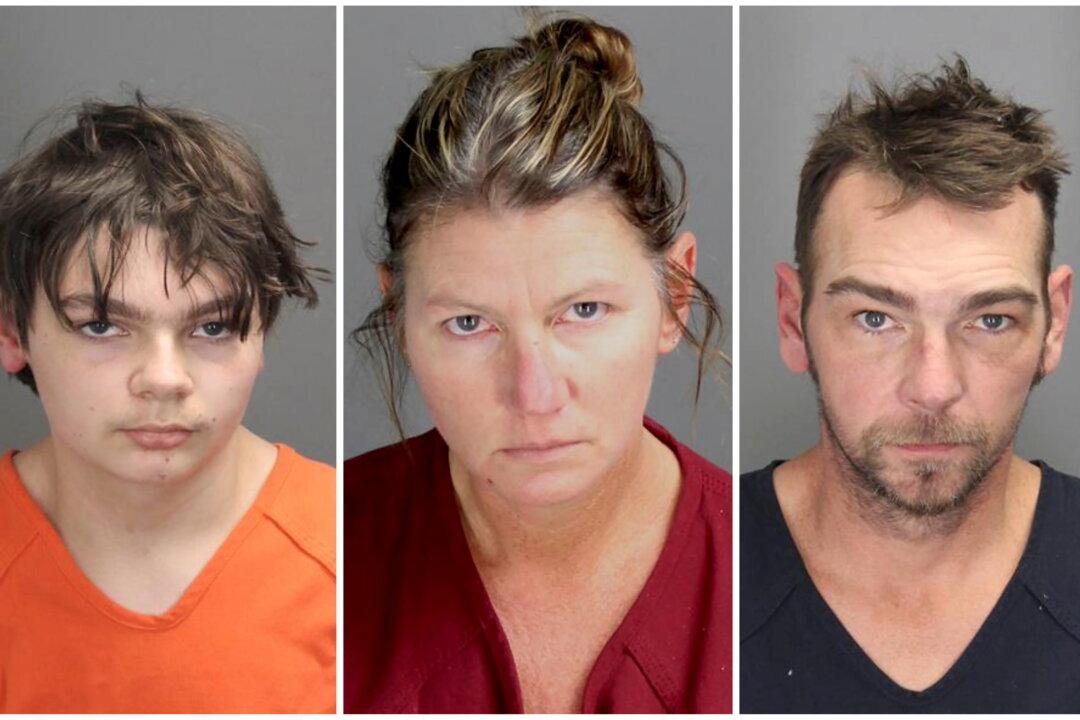Commentary
The classified ad might read: “Looking for college-educated applicants who can handle serious on-the-job stress, constant public criticism, and loss of co-workers by suicide. Must be skilled in handling firearms, life-and-death conflicts, domestic abuse suspects, the mentally ill, and drug addicts. Training in murder, arson, cybercrime, and white-collar crime investigations a plus. Must feel comfortable in a bulletproof vest. Average salary: $56,300 a year.”





